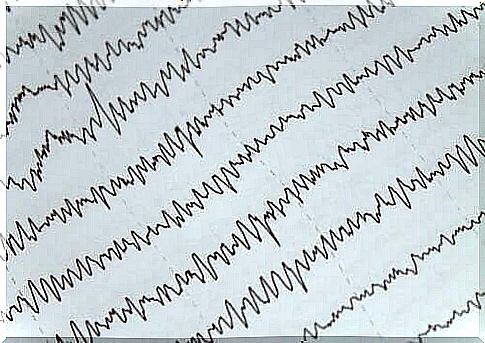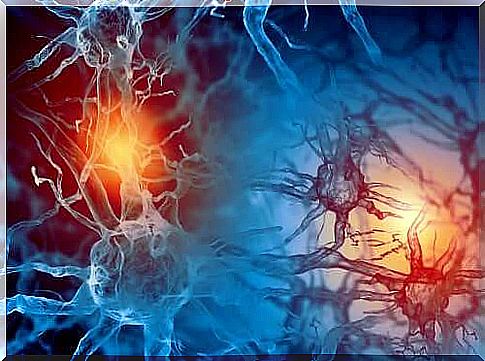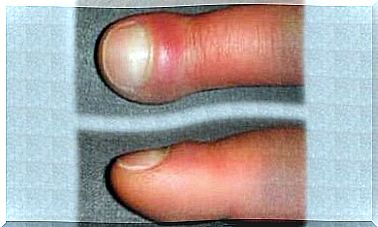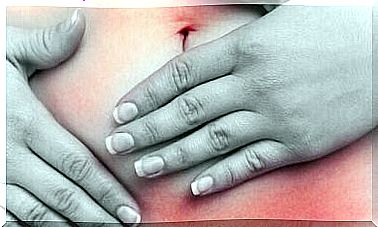Breastfeeding And Epilepsy: What Should You Know About This Combination?

Breast-feeding is generally recommended for all new mothers with epilepsy. The use of antiepileptic drugs does not cause side effects in the baby.
However, this is a very common question among mothers with epilepsy who want to breastfeed a baby. It should be considered in such cases. Caring for a baby also depends on the right kind of feeding, which is a key factor in a baby’s growth.
In this article, we provide some recommendations to keep in mind to minimize potential unwanted side effects. So we want to start by saying that epilepsy and breastfeeding are compatible.
Definitions of epilepsy
Epilepsy is a disease in which a person gets seizures due to a chronic process lurking in the brain. This process causes the release of repetitive nerve impulses in synchronization.
The seizure occurs suddenly and is caused by the synchronization or abnormal and excessive discharge of nerve cell activity in the brain. It creates an imbalance between brain arousal and inhibition.
However, we want to clarify that the occurrence of one or more seizures, the cause of which can be corrected and avoided, does not mean epilepsy. When it comes to epilepsy, there is no remedy for the change in the brain.
There are many types of epilepsy and each has a specific treatment and prognosis. The use of epileptic drugs is the most common approach of all.

Treatments for epilepsy
Treatment of an epileptic patient is based on antiepileptic drugs. As you may already know, this method is the most commonly used approach in the treatment of epilepsy.
Ideally, seizures are completely prevented or at least minimized without side effects. Your doctor will preferably prescribe only one medicine. This refers to the lowest effective monotherapy.
Your doctor will always start treatment with one antiepileptic medicine and increase the dose if necessary. Some patients are more resistant to treatment and have to use more than one medicine.
So finding the right treatment is an experimental process. It may take a long time before a suitable medicine is found for the patient. Doctors measure and perform dosing studies by taking blood samples to make appropriate changes.
Breastfeeding and epilepsy
Breastfeeding and epilepsy are compatible. It is important that mothers with epilepsy undergo more detailed examinations during pregnancy and after childbirth.
During pregnancy, more attention should be paid to the amount of antiepileptic drugs. Pregnancy may reduce the effect of the medicine. Seizures, in turn, can pose an additional risk to a pregnant woman. Therefore, it may be necessary to increase the dosage during these steps.
When a woman goes into childbirth, certain things should be considered to change treatment and take care of the baby during breastfeeding:
- There should be a change in the dosage of antiepileptic medicines. Your doctor will usually reduce the dose.
- Seizures may be due to poor night’s sleep; the doctor recommends that the mother sleep adequately to avoid this risk factor.
- A woman should avoid sleeping with the baby and never bathe the baby alone.
As we said earlier, breastfeeding does not cause any side effects to your baby if you suffer from epilepsy. On the contrary, your doctor recommends that you breastfeed whenever possible for at least six months and then continue it for a total of up to two years as a supplement to your baby’s diet.
Breast-feeding and antiepileptics

The list of regular antiepileptic drugs is long and they combine with breast milk to varying degrees.
Nevertheless, no side effects have been observed in neonates when the mother has taken antiepileptic drugs. Some of these drugs get almost no access to breast milk, while others do.
Such differences are taken into account in the choice of antiepileptic medication by the neurologist. Also, the mother should not stop taking the medication, even if she has to divide the daily dose or take the medication a few hours before breastfeeding.
Is the medication safe for the baby?
Newborn babies may be drowsy and may have difficulty eating or become irritated when medications get into breast milk. For this reason, dosing must be carefully controlled based on blood values.
In conclusion, we want to emphasize the importance of monitoring by a neurologist during pregnancy and lactation in order to take good care of the health of the newborn baby as well as the mother. Only your doctor should determine how the medicine is used and when treatment should be stopped, if ever.









